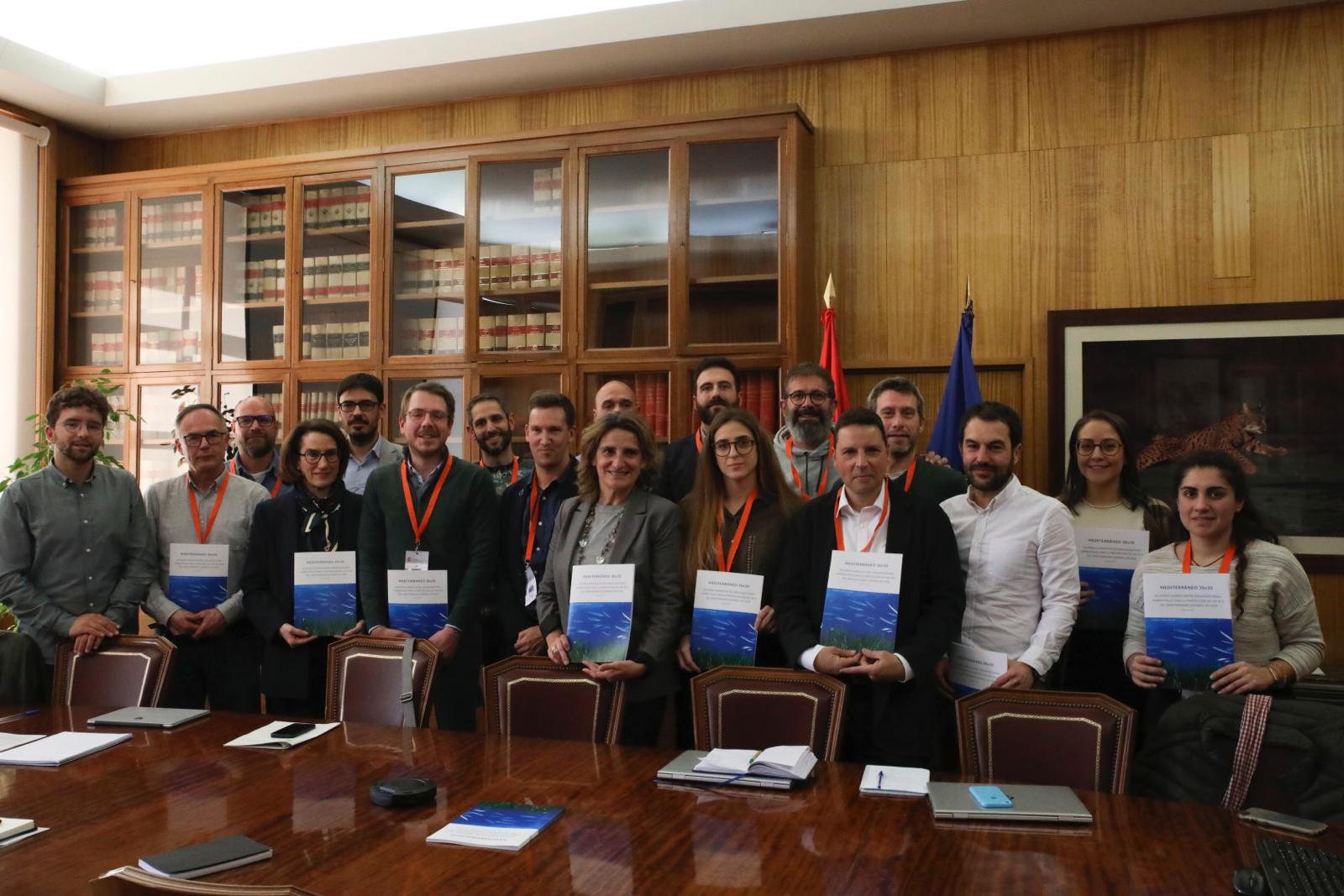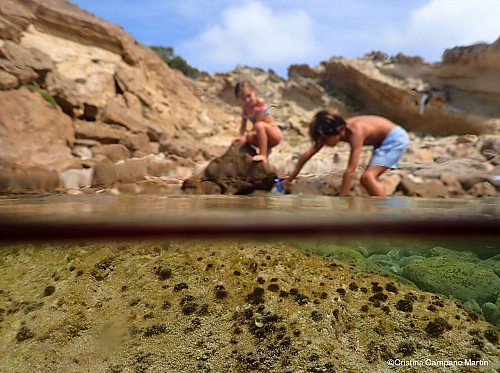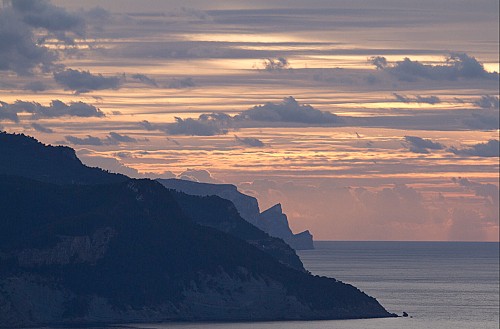Fifteen environmental organizations call on the government to reinforce marine protection commitments in the Spanish Mediterranean
Published 06.03.2024
Share

We will continue with our commitment and redouble our efforts to achieve the effective protection of 30% of the Spanish Mediterranean by 2030. This is what fifteen environmental organizations are calling for in the document they presented to the Ministry for Ecological Transition and the Demographic Challenge. The Third Vice-President and Minister for Ecological Transition and the Demographic Challenge (MITERD), Teresa Ribera, attended the meeting with the organisations together with the Director General of Biodiversity, María Jesús Rodríguez de Sancho, and Fernando Magdaleno, Deputy Director General of Terrestrial and Marine Biodiversity.
Representatives of the environmental organisations ANSE, ClientEarth, Ecologistas en Acción, Marilles Foundation, GEN-GOB, GOB Mallorca, GOB Menorca, Greenpeace, OceanCare, Oceana, Save the Med, SEO/BirdLife, Tursiops, Vell Marí, and WWF met with MITERD to acknowledge the progress made to date, with 21% of marine protected area (MPA) designated in Spain, and to insist on the importance of Spain continuing to make progress in fulfilling its international commitments to protect the marine environment.
During the meeting, representatives of the different organisations insisted on the importance of MPAs for the conservation of the Mediterranean Sea: "It is urgent that Spain complies with international agreements on the protection of the marine environment. These agreements establish the need to achieve 30% of the seas under effective protection and management, as well as to ensure that 10% of the sea remains under strict protection, free of anthropogenic activities that could compromise its environmental health," they indicated.
They also stressed the importance of the Ministry drawing up ambitious and participatory management plans and allocating "the necessary resources for their implementation so that this protection is real and effective".
The proposal "Marine agreement between environmental organizations for the protection of 30% of the Spanish Mediterranean" includes actions to ensure proper management of MPAs. The document emphasises the importance of developing and implementing effective management plans and stresses the need to designate new protected areas and allocate the necessary resources to identify additional biodiversity sites beyond the 30%, if appropriate.
The document also details actions for the restoration of ecosystems and the recovery of vulnerable species. Therefore, the proposed objectives include the development, publication, and implementation of recovery plans for vulnerable or endangered species such as the angel shark (Squatina sp), the nacre (Pinna nobilis), the Balearic shearwater (Puffinus mauretanicus), and the loggerhead turtle (Caretta caretta). It is noteworthy that some of these plans are being processed, which demonstrates the active commitment of all stakeholders to the conservation of marine biodiversity.
The organisations stress that protection will only be effective if the necessary resources are in place to ensure proper management of these sites, as well as effective monitoring and surveillance. Without forgetting the dissemination of the values of the MPAs among the population to raise awareness and increase involvement in their protection, they request that by 2030 all EMPs designated until 2025 have approved or revised management plans with ambitious objectives and concrete measures.
Among other measures, the agreement proposes actions to minimise the impact of accidental catches in fishing gear, trawling, and ghost fishing; to adopt measures to reduce underwater noise produced by marine traffic and other civil and military activities; to take effective measures to prevent the death of whales and other species of marine fauna due to collisions with ships; and to improve the quality of coastal waters, pursuing zero dumping and improving sanitation systems.
Finally, the proposal insists on a commitment to participatory governance for the designation, preparation, implementation, and evaluation of management plans for MPAs as a methodological basis for achieving protection and conservation objectives.
A rich biodiversity under threat
The current dual crisis – climate and biodiversity loss – is a serious threat to the Mediterranean Sea. With more than 17,000 marine species (18% of the world's known species), the Mediterranean is one of the most biodiverse areas on the planet. But it is also one of the most threatened. Average temperatures across the basin are already 1.5°C above pre-industrial levels and the decline of its ecosystems, such as seagrass meadows, is already a reality.
The Mediterranean also suffers major impacts from mass tourism, intense maritime traffic, and coastal urban growth; it is one of the most overexploited seas in the world. Some 150 million people live near and depend on this sea.
The document presented is based on the conviction that the environmental policies proposed will be fundamental to lay the foundations for a future in which the Mediterranean prospers and can continue to be a source of life, wellbeing, and culture for our society.
Marilles in the media
- 11/06/2025 EFE Verde: "Las ongs ambientales piden a Aagesen impulsar el Tratado de los Océanos y más áreas protegidas"
- 28/03/2025 Eldiario.es: "Proteger a nuestros “Moby Dick”"
- 11/03/2025 EFE Verde: "Las principales organizaciones conservacionistas marinas piden una mayor protección de las aguas españolas"



